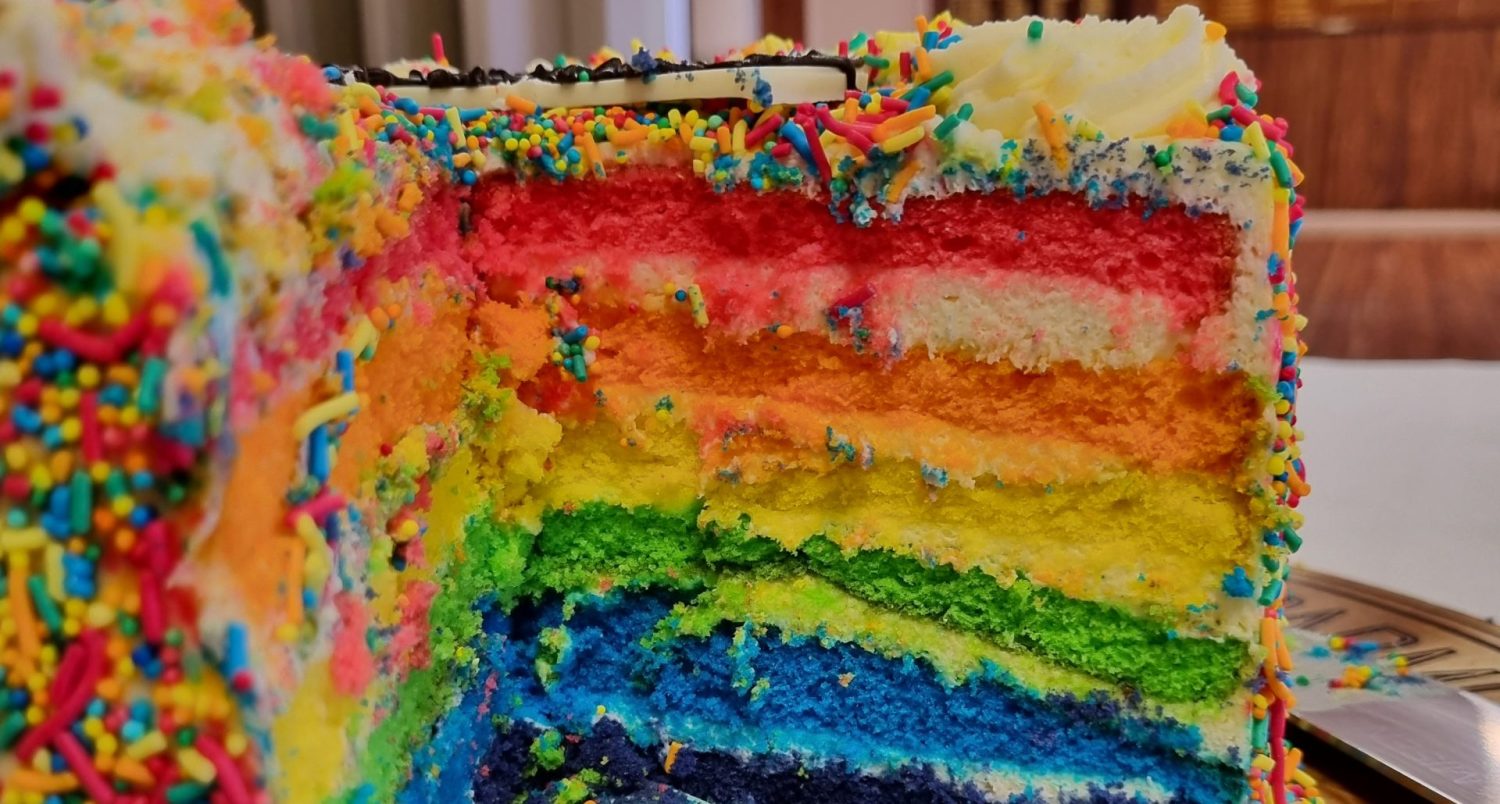*Trigger warning for bullying, fat hatred and eating disorders*
So that terrible, terrible show “The Biggest Loser” is back on TV, which means that I will be avoiding whatever channel it’s on (I don’t watch TV enough to even know that), and I won’t be watching that TV screen when I’m at the gym. Because regardless of how some people might see the torture of fat people “inspiring” as they learn to love/hate their bodies for TV, I just find the entire thing repulsive.
This season, according to the TV ads I’ve seen, we’re doing parent and child teaming, because with stats just pulled out of someone’s arse (because they’re not cited anywhere in the ad), if you are an obese parent, you’re far more likely to have obese children. The dad whose interview appears on the ads I’ve watched talks about how his son comes home from school crying because he’s being bullied about his weight and that this (Biggest Loser) is an opportunity for him to gain some confidence.
Just no.
Really, no.
The Biggest Loser, apart from being a show that even in the ad we see almost kills the father, is not a show that will help anyone gain confidence. In the small amounts I have watched over the years, I cannot see how being screamed at by personal trainers, being forced to binge on food to the point of tears, being hounded about not doing enough, and having your body gazed upon and judged by the entire country is going to do anything for your confidence.
If that boy was my son, I would be talking to the school about the bullying he’s receiving, I’d talk to the parents of the children who are bullying my son and explaining the effects of bullying, I’d go to the Department of Education and demand more action if not enough was taken, I’d ensure that my son had proper counselling or psychological care to help build resilience, confidence and develop tools to build support networks. I’m not saying that this family hasn’t done any of this, what I’m saying is that in my toolbox in dealing with this issue The Biggest Loser does not, and would never, appear.
I feel sorry for those who compete to enter The Biggest Loser. I feel for all the fat hatred they’ve swallowed and believe that they only way that they’ll truly be happy is to lose weight while almost killing themselves for the pleasure of doing so.
Don’t let me be the only one telling you that The Biggest Loser is possibly the worst torture porn you will ever watch, let Kai Hibbard, a contestant in the US version tell it to you instead. Parts 1, 2, & 3 of her interviews with Golda Poresky detail her experiences on the show, having to ignore doctor’s orders, developing an eating disorder and the bullying from the TV producers.
Do Australia a favour and do not watch The Biggest Loser. Leave it alone, shun it as it should be shunned, and instead work on removing fat hatred from your own vocabulary and if you can, pointing it out to others as something that is unacceptable.
